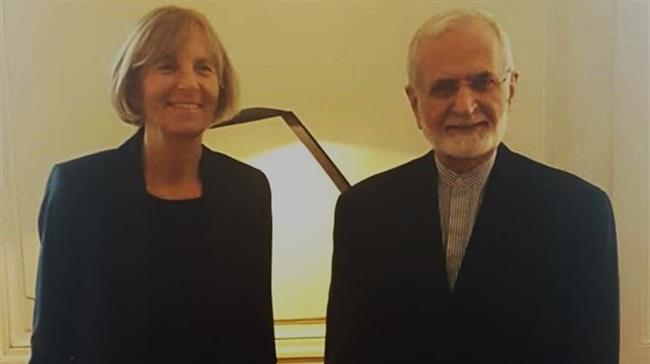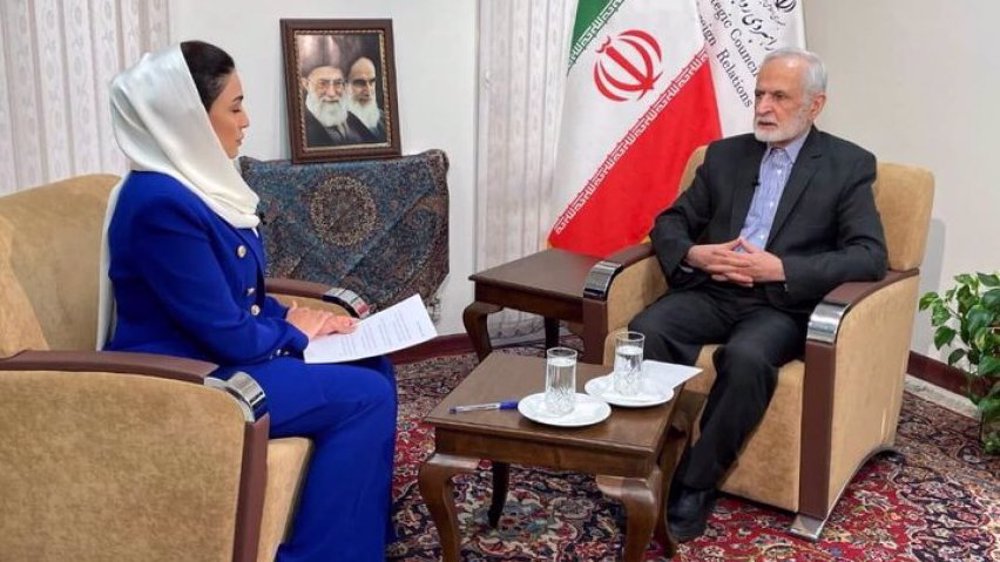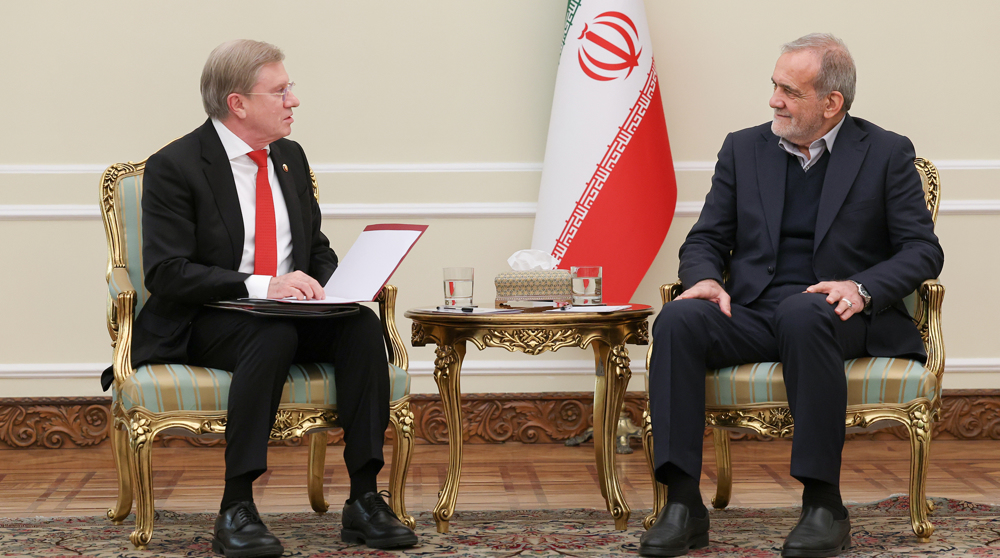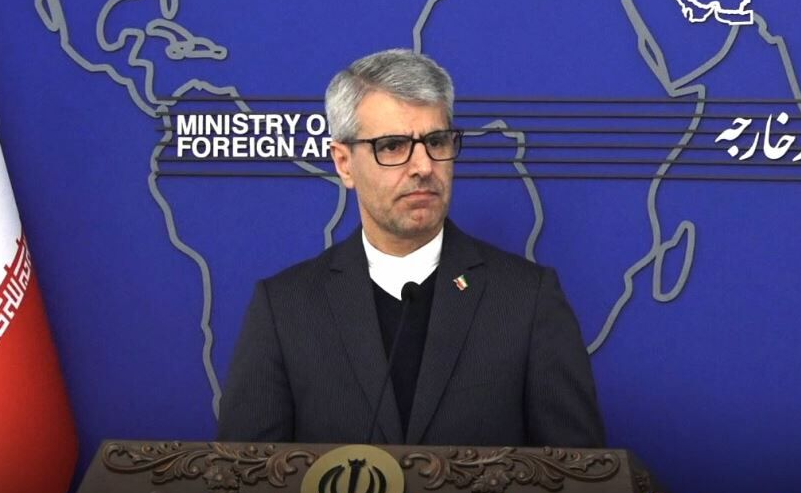Iranian official: Europe must end foot dragging on INSTEX to salvage JCPOA
A senior Iranian official has censured the European signatories to the landmark nuclear agreement of 2015 for failing to fulfill their obligations under the deal, urging them to speed up implementing a non-dollar direct payment channel with Tehran.
"The Islamic Republic of Iran negotiated honestly and, as a result, a nuclear accord was reached which has also been endorsed by the UN Security Council [Resolution 2231]," the head of Iran's Strategic Council on Foreign Relations Kamal Kharrazi said in a meeting with France's Chair of the Foreign Affairs Committee of the National Assembly Marielle de Sarnez in Paris on Saturday.
"But despite Iran's fulfillment of its commitments, Europe has only taken a political stance and reneged on its obligations," Kharrazi said.
Therefore, the Islamic Republic decided to stop implementing parts of its commitments under the deal, he added.
US President Donald Trump withdrew Washington in May 2018 from the multilateral nuclear agreement, officially known as the Joint Comprehensive Plan of Action (JCPOA) and decided to re-impose unilateral sanctions against Tehran.
Under the JCPOA, reached in July 2015 between Iran and the P5+1 group of countries, the United States, Britain, France, Russia and China plus Germany, Iran undertook to put limits on its nuclear program in exchange for the removal of nuclear-related sanctions.
On May 8, Iran announced that it would stop exporting excess uranium and heavy water, setting a 60-day deadline for the five remaining parties to the deal to take practical measures towards ensuring Iran’s interests in the face of the American sanctions.
Elsewhere in his remarks, Kharrazi said the Iranian people are "too pessimistic" about Europe because of its failure to remain faithful to its obligations under the JCPOA as well as its compliance with the Trump sanctions against Tehran.
He emphasized that Iran's two-month deadline is a "good opportunity" for Europe to make up for delays in past actions and to salvage the JCPOA by accelerating the implementation of the Instrument in Support of Trade Exchanges (INSTEX).
Late in January, the three European parties to the 2015 deal issued a joint statement, announcing the launch of a long-awaited direct non-dollar payment mechanism meant to safeguard their trade ties with Tehran in the face of the sanctions.
Germany, France and Britain had registered INSTEX, which would be based in the French capital, Paris, and managed by a German banking expert.
In its initial stage, the mechanism will facilitate trade of humanitarian goods such as medicine, food and medical devices, but it will later be expanded to cover other areas of trade, including Iran’s oil sales.
Iranian Foreign Minister Mohammad Javad Zarif said on May 9 that the European Union should stop submitting to Washington's dictates concerning Tehran instead of just expressing "regret" over the White House's anti-Iran policy.
"EU statement today is why JCPOA is where it is: the US has bullied Europe—and rest of world—for a year and EU can only express ‘regret'," Zarif said in a posting on Twitter.
Earlier the same day, EU foreign policy chief Federica Mogherini and the foreign ministers of France, Germany, and Britain had released a joint statement, saying, "We regret the re-imposition of sanctions by the United States following their withdrawal from the JCPOA."
The group said they would stay fully committed to "the preservation and full implementation" of the JCPOA, which they described as "a key achievement of the global nuclear non-proliferation architecture, which is in the security interest of all."
Read more:
Israel admits assassinating Hamas leader, vows to inflict same fate on Yemeni fighters, people
VIDEO | Yemeni forces repel US-British attack, down F-18 Jet
Iran’s capabilities vast; enemy’s ‘maximum pressure’ policies all failed miserably: Senior official
Iran’s economy grew 2.7% y/y in Sep quarter: CBI
VIDEO | Freelancers in Gaza strive to stay online amid genocide
Mikati demands Israel's withdrawal from south Lebanon
Yemeni army strikes Israeli military sites with drones
‘Clock ticking’: UNRWA slams unjustifiable killing of children in Gaza












 This makes it easy to access the Press TV website
This makes it easy to access the Press TV website